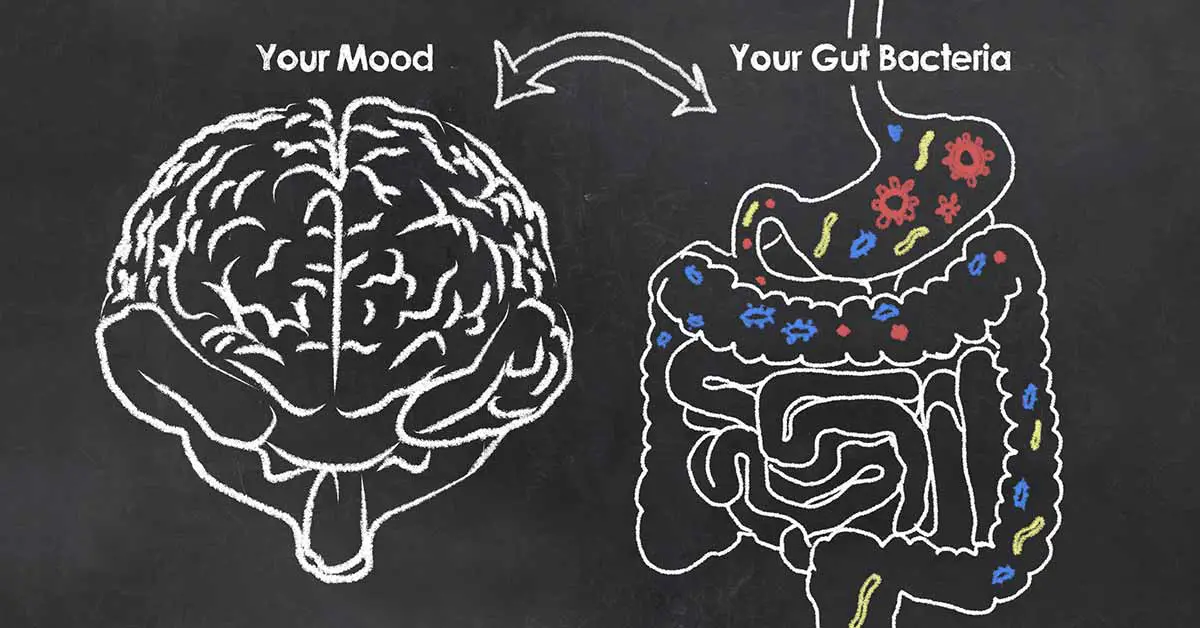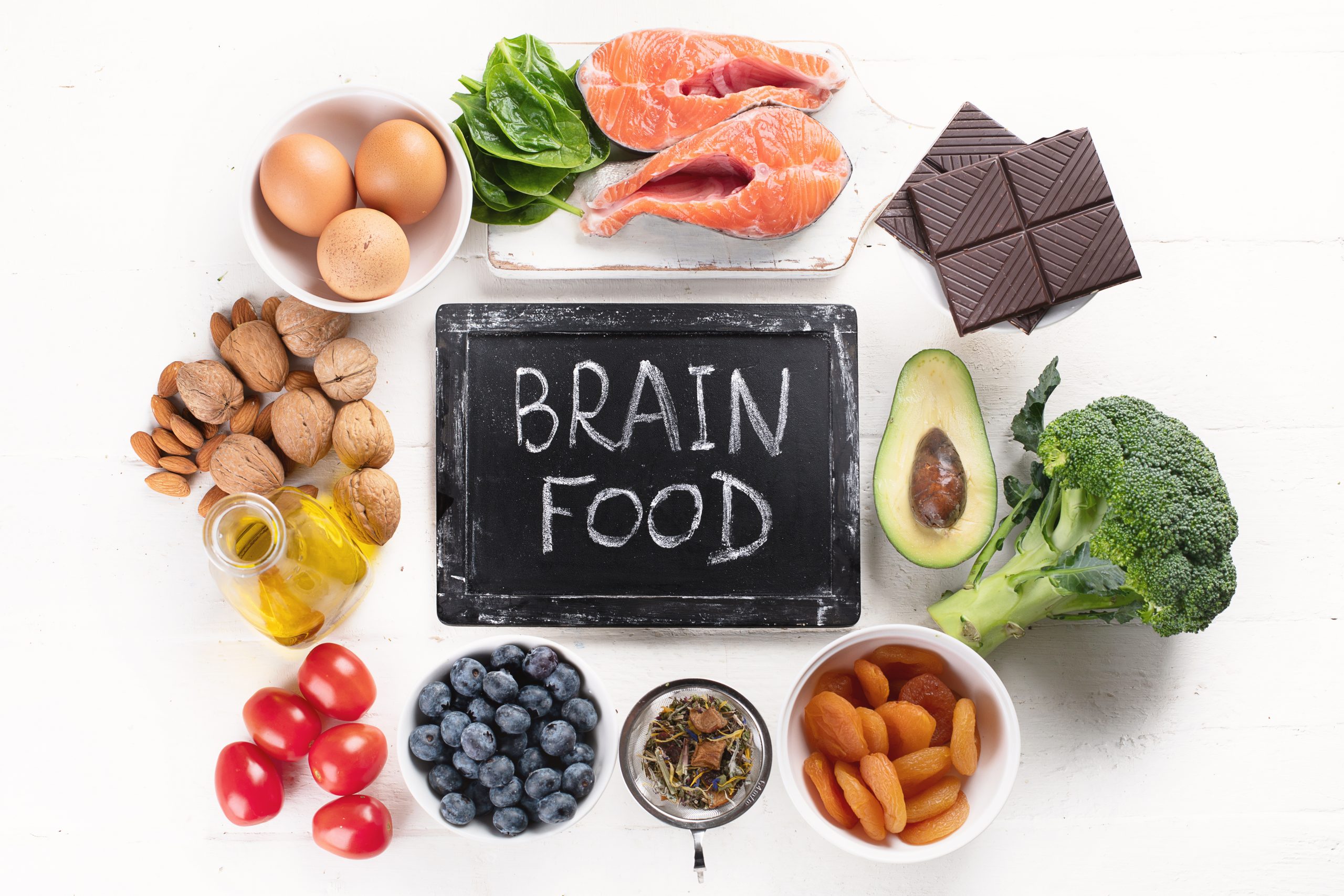Ever felt butterflies in your stomach before a big presentation? Or maybe you get a stomachache when you’re stressed? These aren’t just figures of speech. There’s a real connection between your gut and your brain, and what you eat can significantly impact your mood.
The Gut-Brain Highway
For a long time, we thought of the gut as simply a digestive system. However, research has revealed a complex two-way communication highway between our gut and brain, often referred to as the gut-brain axis. This connection is facilitated by:
- The vagus nerve: This nerve carries signals between the gut and the brain, sending information about digestion, inflammation, and the makeup of your gut microbiome (the trillions of bacteria living there).
- Neurotransmitters: These chemical messengers, like serotonin (happiness) and GABA (calmness), are produced in both the gut and brain, influencing mood, sleep, and stress response.
- Gut hormones: Hormones like leptin and ghrelin regulate appetite but also communicate with the brain, impacting mood and motivation.

Food as Mood Medicine
When you eat a balanced diet rich in fruits, vegetables, whole grains, and lean proteins, you’re nourishing not just your body but also the good bacteria in your gut. These bacteria play a crucial role in producing neurotransmitters and regulating the gut-brain axis. Conversely, a diet high in processed foods, sugar, and unhealthy fats can disrupt the gut microbiome, leading to inflammation and an imbalance of neurotransmitters, potentially leading to:
- Increased anxiety and depression
- Mood swings
- Fatigue
- Brain fog

Fueling Your Mood
So, how can you leverage the gut-brain connection to feel your best? Here are some tips:
- Eat a prebiotic-rich diet: Prebiotics are fibers that feed the good bacteria in your gut. Think fruits, vegetables, legumes, and whole grains.
- Incorporate probiotics: Probiotics are live bacteria found in fermented foods like yogurt, kimchi, and sauerkraut. They can help replenish good gut bacteria.
- Minimize processed foods and added sugar: These can disrupt your gut microbiome and contribute to mood problems.
- Manage stress: Stress can worsen gut issues and vice versa. Practice relaxation techniques like yoga or meditation.
- Stay hydrated: Dehydration can negatively impact mood and digestion. Aim for eight glasses of water daily.
Your gut health is a significant player in your overall well-being. By nurturing your gut microbiome with a balanced diet and healthy habits, you can fuel a positive mood and feel your best.
Remember, this is just the beginning of exploring the fascinating gut-brain connection. There’s still much to learn, but by incorporating these tips, you can take control of your mood and well-being through the power of food!



